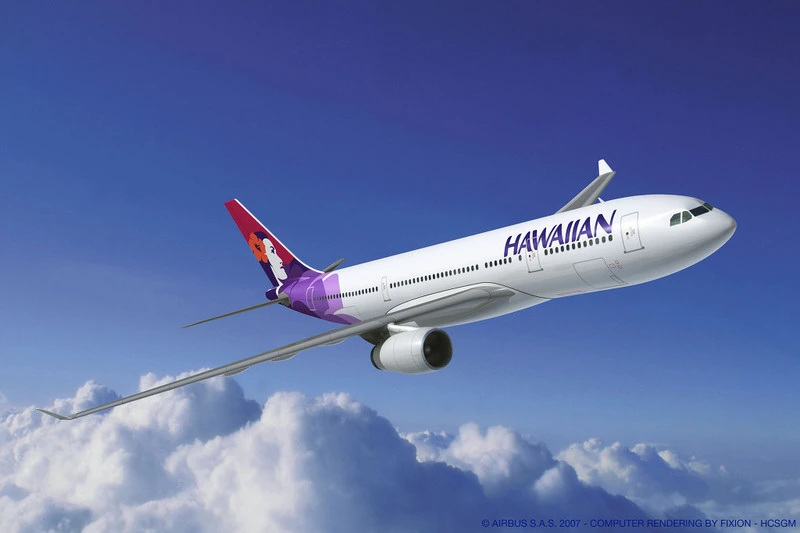A Korean passenger on a flight caused a scene by demanding special treatment for her sick child. The flight crew and captain refused to comply with her unreasonable demands, citing safety regulations. The incident highlights the challenges faced by service providers in dealing with entitled customers and the importance of upholding safety protocols.
Background
A recent post on the Korean online community theqoo detailed an amusing incident involving an entitled Korean passenger on a flight. The passenger, a woman with a sick child, made unreasonable demands of the flight crew, leading to a tense and prolonged confrontation.
The Entitled Passenger’s Demands
The woman initially complained to the flight attendant, a Korean-American, that her child was sick and that the crew was responsible for providing a blanket to prevent the child from getting cold. However, the flight attendant explained that the passenger should have requested the blanket if needed.
Undeterred, the Korean passenger continued to insist that the crew should have proactively provided the blanket and demanded that they take care of her child. The situation escalated as the passenger and flight attendant remained at an impasse for over 30 minutes.
Escalation and Intervention
A fellow Korean passenger witnessed the exchange and offered to translate, recognizing that the Korean-American flight attendant might not fully understand the passenger’s underlying expectations. The passenger’s true intent, according to the translator, was to be upgraded to business class due to her child’s illness.
The situation grew further complicated when an American manager intervened. The Korean-American flight attendant explained the situation, but the manager was unable to obtain specific details about the passenger’s care requests.
Captain’s Intervention and Resolution
With the situation unresolved, the captain eventually stepped in. Upon confirming that the child was sick, the captain ordered the Korean passenger to disembark the aircraft, citing the lack of medical personnel onboard to handle a sick passenger.
Initially, the passenger claimed that her child’s condition had improved and expressed her willingness to remain on the flight. However, the captain remained firm, insisting that sick passengers could not be accommodated.
When the passenger refused to comply, the captain demanded a written acknowledgment that she would not hold the airline liable for any subsequent issues arising from her child’s illness. Only then did the flight proceed.
Reactions and Discussion
Many theqoo members who read the post expressed satisfaction with the captain’s handling of the situation. They criticized the prevalent “customer is king” mentality in Korean service industries, where employees are often expected to bow to unreasonable demands from customers.
The incident sparked discussions about the prevalence of entitled customers in Korea, particularly in the service sector. Many theqoo members speculated that the Korean passenger had likely engaged in similar behavior on previous flights, especially on Korean carriers.
The incident highlighted the potential challenges faced by foreign flight attendants dealing with Korean customers, particularly those who may not grasp cultural nuances or are accustomed to receiving preferential treatment. The captain’s adherence to company policies and safety regulations, despite the passenger’s protests, was widely applauded.
Conclusion
The incident on the flight serves as a reminder of the delicate balance between customer service and upholding company policies and safety regulations. While it is important to provide courteous and attentive service, it is equally crucial to maintain a firm stance against unreasonable demands and ensure the safety of all passengers.
Here’s a link to theqoo. Here’s a link to ‘Memories of Hawaiian Airlines’.I appreciate you taking the time to read this post. Please share your thoughts in the comments!


Praise for the captain’s decisive action!